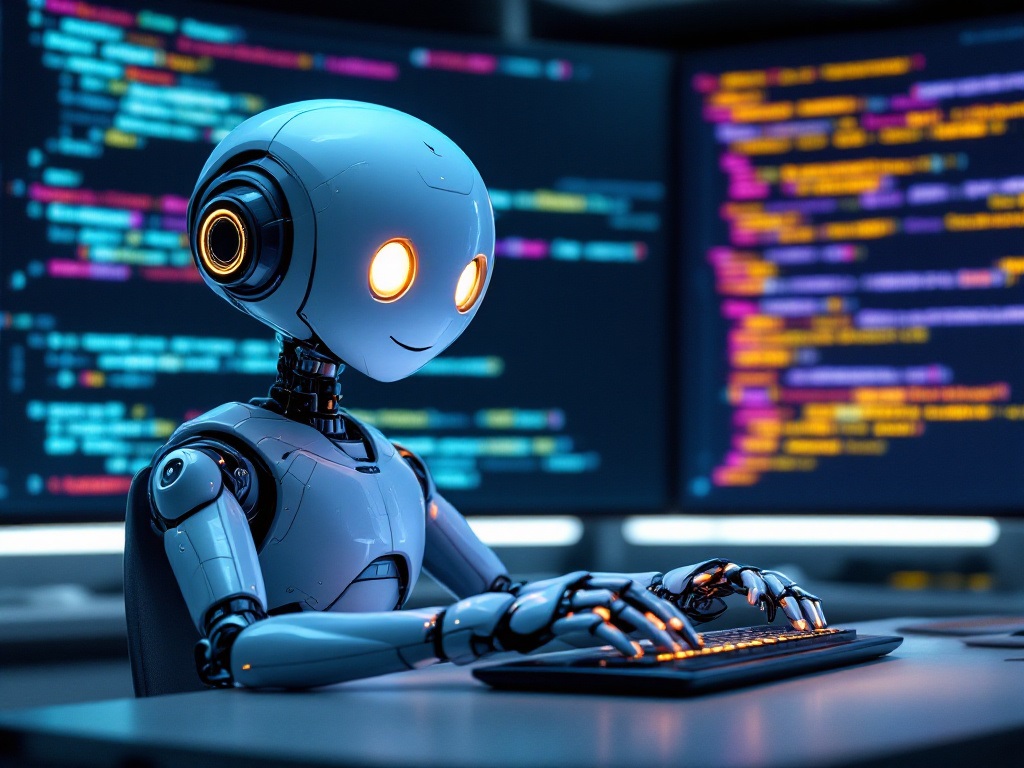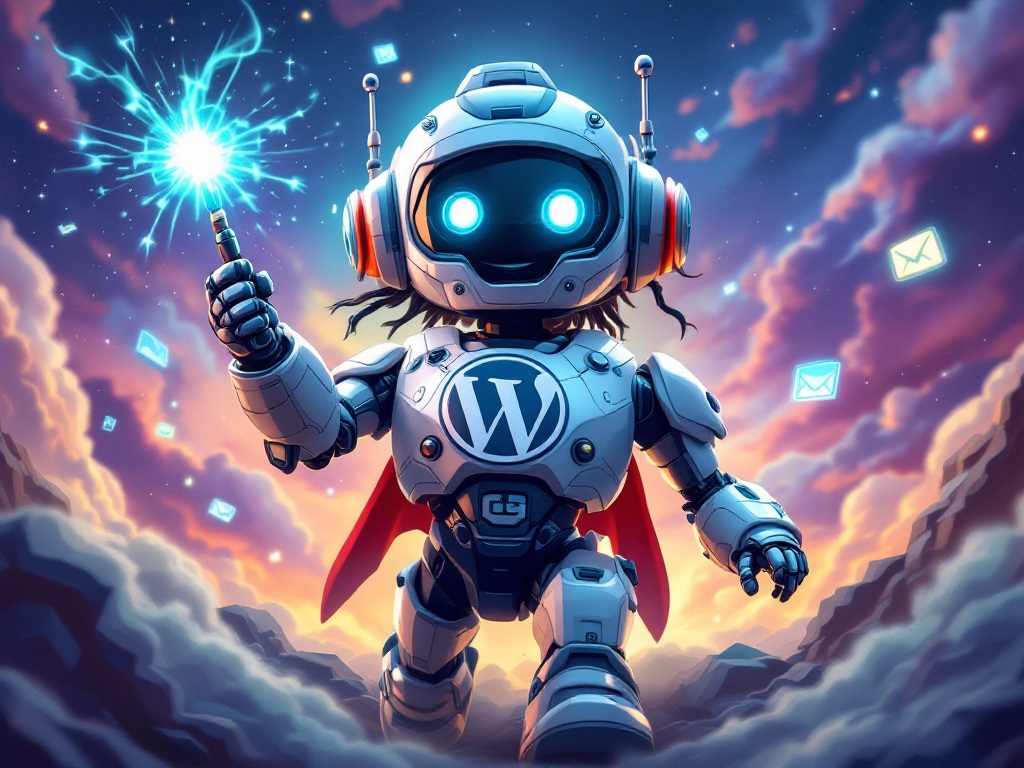Copyright laws will significantly shape the future of AI copywriting by influencing how AI tools are developed, used, and regulated. Below is an analysis of the key ways these laws will impact AI copywriting, based on current legal frameworks, ongoing debates, and potential future developments:
Copyrightability of AI-Generated Content
Current Status: Under U.S. copyright law, works generated entirely by AI without significant human creative input are not eligible for copyright protection. The U.S. Copyright Office has emphasized that copyright requires “meaningful human creative input,” meaning simple prompts to AI tools like ChatGPT or Jasper typically do not qualify.
Impact on AI Copywriting:
Commercial Implications: Businesses using AI to generate copy (e.g., ad campaigns, blog posts) may find that their content lacks copyright protection, making it vulnerable to reuse by competitors without legal recourse. This could discourage reliance on fully AI-generated content for high-value marketing assets.
Human-AI Collaboration: To secure copyright, companies and copywriters will likely adopt hybrid workflows where humans provide substantial creative input, such as editing, refining, or structuring AI outputs. This reinforces the role of human copywriters as editors or strategists, ensuring their skills remain in demand.
Innovation in Tools: AI developers may design tools that prioritize human involvement, such as interfaces that track and document human contributions to meet copyright thresholds, to make outputs more legally protectable.
Use of Copyrighted Works in AI Training
Legal Uncertainty: A major issue is whether training AI models on copyrighted works (e.g., articles, books, or websites) constitutes fair use under U.S. law or infringement in other jurisdictions. Cases like The New York Times v. OpenAI allege that large language models (LLMs) unlawfully use copyrighted material to train AI, potentially harming content creators.
Impact on AI Copywriting:
Potential Restrictions: If courts or legislation (e.g., in the U.S. or EU) rule that training on copyrighted works requires permission or compensation, AI developers may face higher costs, which could increase the price of AI copywriting tools or limit their capabilities.
Licensing Models: Developers might shift toward licensed datasets, where content creators are paid for their works’ use in training. This could lead to higher-quality, ethically sourced AI outputs but may reduce the volume of training data, potentially affecting the versatility of AI copywriting tools.
Global Variations: The EU’s AI Act and copyright directives (e.g., requiring transparency in training data) may impose stricter rules than the U.S., creating a fragmented regulatory landscape. AI copywriting tools may need to adapt to region-specific compliance, affecting their global accessibility.
Ethical and Regulatory Frameworks
Ethical Concerns: AI copywriting raises issues like plagiarism, misinformation, and bias in generated content, prompting calls for ethical guidelines and regulations.
Impact on AI Copywriting:
Mandatory Oversight: Laws may require human oversight to verify AI-generated copy for accuracy, brand alignment, and compliance with advertising regulations. This could create new roles for copywriters as AI content auditors or fact-checkers, mitigating fears of job displacement.
Transparency Requirements: Regulations like the EU AI Act or proposed U.S. laws (e.g., California’s AI content labeling by 2026) may mandate disclosing when content is AI-generated. This could affect consumer trust in AI-written copy and push brands to emphasize human-crafted content for authenticity.
Anti-Misinformation Measures: To combat AI-generated misinformation, laws may impose stricter penalties for publishing unverified AI content, requiring copywriters to play a larger role in quality control.
Economic and Competitive Dynamics
Job Market Effects: While AI copywriting tools can automate repetitive tasks (e.g., product descriptions, social media posts), they lack the emotional intelligence and strategic creativity of human copywriters. Legal frameworks that protect human-created content could reinforce the value of skilled copywriters, particularly for high-stakes projects like long-form sales letters or brand storytelling.
Impact on AI Copywriting:
Niche Specialization: Copywriters with expertise in specific industries or creative storytelling will remain competitive, as AI struggles to replicate nuanced, context-specific content. Copyright laws that incentivize original human work could further protect these roles.
Cost Competition: If AI-generated content becomes cheaper but lacks copyright protection, businesses may opt for human copywriters for premium, legally protected content, while using AI for low-stakes, generic copy. This could create a tiered market where AI dominates low-cost content creation, and humans focus on high-value work.
Skill Evolution: Copywriters will need to adapt by mastering AI tools, data analysis, and SEO to complement AI outputs, as legal and ethical requirements emphasize human-AI collaboration.
Potential Legal Reforms
Future Legislation: Ongoing litigation and Congressional hearings (e.g., House Judiciary Subcommittee on AI and IP) suggest that copyright laws may evolve to address generative AI. Possible reforms include requiring opt-in consent for training data or creating new IP rights for AI-assisted works.
Impact on AI Copywriting:
Increased Compliance Costs: New laws could impose compliance burdens on AI developers, potentially slowing innovation or increasing subscription costs for tools like Jasper or Copy.ai, affecting accessibility for small businesses.
Content Creator Compensation: If laws mandate compensating creators whose works are used in AI training, this could empower copywriters and journalists to negotiate royalties, creating new revenue streams but also raising ethical questions about fair attribution.
Standardized Protections: Harmonized global standards (e.g., via updates to the Berne Convention) could clarify ownership of AI-generated copy, reducing legal disputes but potentially limiting the flexibility of AI tools in certain markets.
Future Outlook
The future of AI copywriting will hinge on balancing innovation with legal and ethical accountability:
Short-Term (1–3 Years): AI copywriting tools will continue to grow in popularity for tasks like generating drafts or optimizing SEO content, but human copywriters will remain essential for creative, emotionally resonant, and legally protectable work. Expect increased scrutiny of AI training practices and early regulations mandating transparency.
Long-Term (5+ Years): Advances in natural language processing (NLP) may make AI-generated copy nearly indistinguishable from human writing, but copyright laws will likely prioritize human creativity, ensuring copywriters adapt rather than become obsolete. Collaborative ecosystems where AI handles data-driven tasks and humans focus on strategy and originality will dominate.
Recommendations for Copywriters
To thrive in this evolving landscape:
Embrace AI as a Tool: Learn to use AI copywriting tools to streamline repetitive tasks, allowing more time for creative work.
Specialize: Focus on niches or skills (e.g., storytelling, brand voice) where human expertise outshines AI.
Stay Informed: Monitor legal developments, such as The New York Times v. OpenAI or EU AI Act updates, to understand how they affect your work.
Upskill: Develop proficiency in SEO, data analysis, and AI content editing to remain competitive in a hybrid market.
In summary, copyright laws will not halt the rise of AI copywriting but will steer it toward a collaborative model where human creativity and oversight remain critical. By shaping ownership, training practices, and ethical standards, these laws will ensure AI serves as an ally to copywriters rather than a replacement, fostering a future where technology enhances, rather than supplants, human ingenuity.




